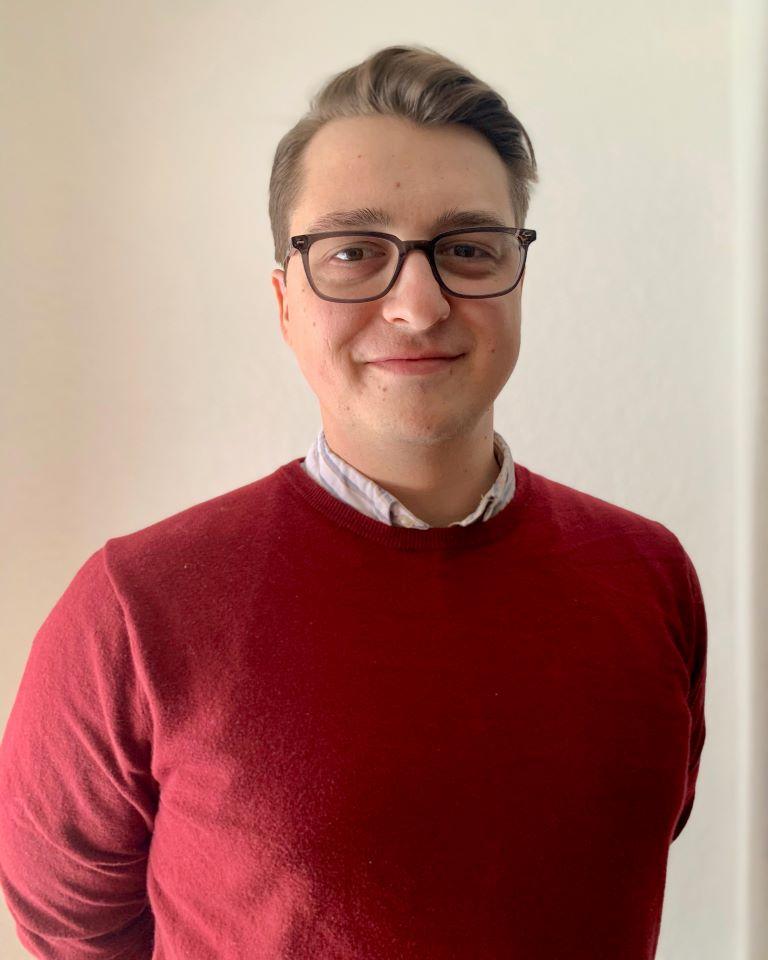Matt Gratton

Winter 2021/2022 Student Spotlight
Department: Psychology
Describe your research/creative scholarship in a few sentences that we can all understand: Exploring the relationship between nightmares and psychological/physiological covariants, within a large-scale sleep study.
Questions:
Q: What does your research look like on a day-to-day basis? What do you spend most of your time doing?
A: Most of my time revolves around reviewing literature, writing, and studying, as well as applying, statistical models. Daily successes towards the completion of this project are what make this possible.
Q: Who mentors your project?
A: My Undergraduate Research Award funded project is mentored by Dr. Nancy Hamilton.
Q: What surprised you about doing a larger research or creative project?
A: Something that surprised me about this project was how accessible both the data, and the knowledge on how to access the data were. I think, as a burgeoning researcher, I felt sort of undeserving, or that I might not be taken seriously when asking permission to use this large-scale dataset for my undergraduate project. I felt that this sort of research was only granted to people within the gated community of graduate school. However, I asked, and was granted permission, and have received much encouragement and support from both my mentor Dr. Hamilton, as well as the sleep science community.
Q:What did you find most challenging about getting involved in or doing your project? What advice would you offer to students facing similar challenges?
A: I think the most challenging part of my project thus far has been to reapply for the UGRA after initially being (justifiably) turned down for funding the year prior. Like my previously mentioned apprehension to ask permission, I was similarly afraid of failure. It’s hard to internalize that ‘get back in the saddle’ frame of mind. In the face of it though, the word no doesn’t hurt for long. Accepting your losses and learning from them is an important lesson no matter what you’re attempting to accomplish.
Q: What do you like most about your project?
A: The most important thing to me in this project is that I’m able to answer questions that I’m passionate about. I’m excited to confirm or rebuke previous smaller scale studies and further establish my role in psychology/sleep science.
Q: How do you spend your time when you’re not working on your project?
A: When I’m not working on my project I spend time with my wife, working, and cooking.